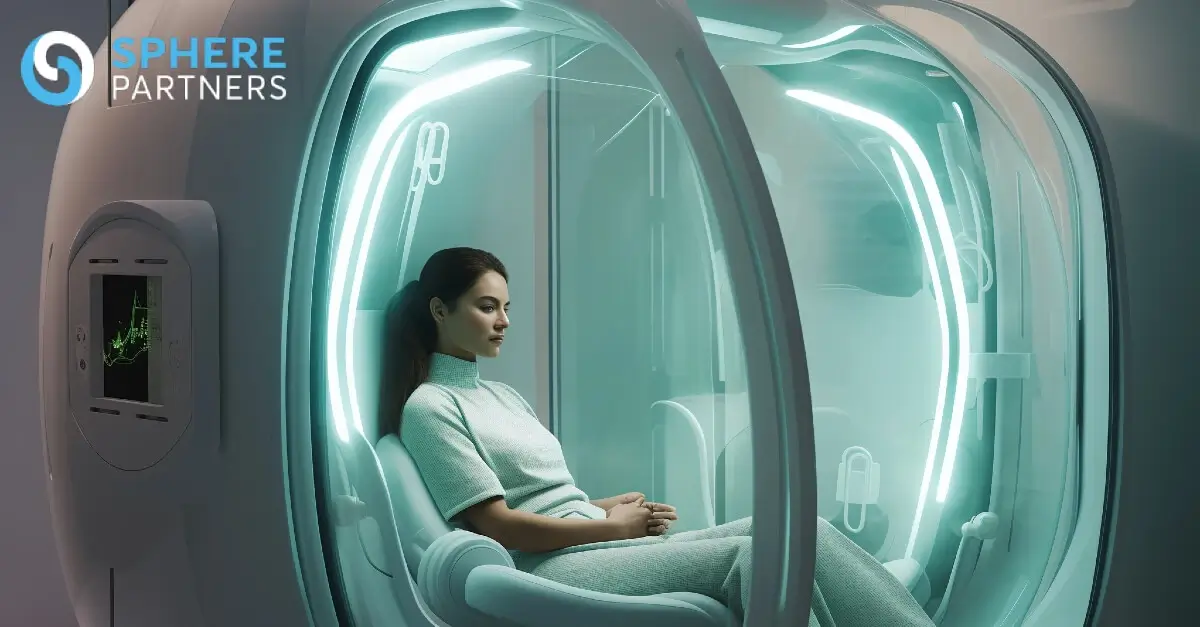“When Space Meets Health” , announced at Automa+ conference in Zurich, Switzerland, bridges two advanced fields. It aims to revolutionize healthcare using the precision and advanced technology of space exploration. Think of it as merging the expertise of healthcare professionals and space engineers to tackle pressing health challenges, with a significant impact on patient treatment and healthcare services.
Exploring Uncharted Territory
By merging cutting-edge space technology with healthcare expertise, this initiative is poised to create novel solutions. A 2016 workshop laid the groundwork, identifying areas of collaboration and potential joint activities. This endeavor isn’t just about technological transfer; it’s about creating a new paradigm where space technology informs and enhances healthcare delivery.
While specifics remain under wraps, the initiative’s scope is vast. Think beyond software and data platforms; envision a seamless exchange of medical know-how and space-based technologies for tangible healthcare benefits. ESA Space Solutions, known for supporting space-tech entrepreneurs, plays a pivotal role. For instance, the program plans to utilize space-acquired data, like air quality metrics, by healthcare organizations for tracking and predicting environmental health impacts, offering invaluable insights into public health management.
Tangible Results for Healthcare Providers
This collaboration isn’t just theoretical. Past partnerships showcase the power of Earth-Space collaborations. By leveraging space technology, healthcare providers are addressing critical challenges:
- Balance Improvement for Patients: NASA’s study of astronaut eye movement reactions led to quicker, cost-effective identification and treatment of balance problems in stroke or spinal cord injury patients.
- Shingles Detection: NASA-University of Colorado collaboration developed a virus detection kit, initially used for astronauts, now utilized for rapid virus detection on Earth, including for shingles.
- Bone Health Research: Studies on astronaut bone loss informed strategies to combat bone loss and muscle atrophy on Earth.
- Ultrasound Technology: The National Space Biomedical Research Institute developed ultrasound technology used by astronauts, now employed in various healthcare settings on Earth.
- Surgical Robotics (neuroArm): The Canadarm for the International Space Station led to the creation of neuroArm, a robotic system for surgeries within MRI scanners, enabling highly precise procedures.
- Water Purification: NASA’s research for clean water supply in space benefits water purification efforts on Earth, with technologies developed for space stations now being utilized globally.
- Vaccine Development: Space research on Salmonella bacteria led to a better understanding of its genetic pathway and contributed to vaccine development for microbial diseases.
- Breast Cancer Detection: Canadian Space Agency technology for maneuvering in space stations has been adapted for medical use in detecting breast cancer, increasing precision in locating tumors during biopsies.
The list goes on, encompassing air scrubbers, AI-based solutions, cardiac care monitoring systems, and even augmented reality headsets for the visually impaired. The COVID-19 pandemic further highlighted the role of space technology in remote health services, air quality monitoring, and sunlight exposure management. Cold plasma healing, developed from space plasma experiments, is now used for wound treatment and skin diseases. Space optics advancements have led to trifocal intraocular lenses and augmented reality technologies aiding individuals with vision or mobility challenges.
Expanding Horizons
As we delve deeper into the potential of integrating space technology with healthcare, the possibilities are limitless. This partnership opens a world of opportunities for tackling current healthcare challenges:
- Advanced Telemedicine: Space-driven solutions could revolutionize how medical care is delivered, particularly in underserved areas.
- Global Health Crisis Management: Real-time management of global health crises becomes more achievable with space-derived technologies.
- Data-Driven Healthcare: Incorporating space-based data platforms can lead to significant strides in healthcare analytics, predictive modeling, and patient engagement, creating a data-centric healthcare ecosystem.
Sphere Partners: Joining the Healthcare Revolution
Sphere Partners is committed to fostering collaborative ventures that drive healthcare innovation. We actively seek partnerships with forward-thinking healthcare providers, not just participating in groundbreaking projects, but leading them. We invite visionaries and innovators in the field to join us in redefining healthcare paradigms, merging our deep understanding of healthcare needs with the frontier spirit of space technology.
Conclusion
“When Space Meets Health” symbolizes an era where boundaries are continually expanding. We stand ready to harness this potential, working alongside like-minded collaborators who share our passion for pioneering change. By joining forces, we can transform healthcare delivery, making it more accessible, efficient, and effective for people around the world.
Let’s merge our expertise with the pioneering.





